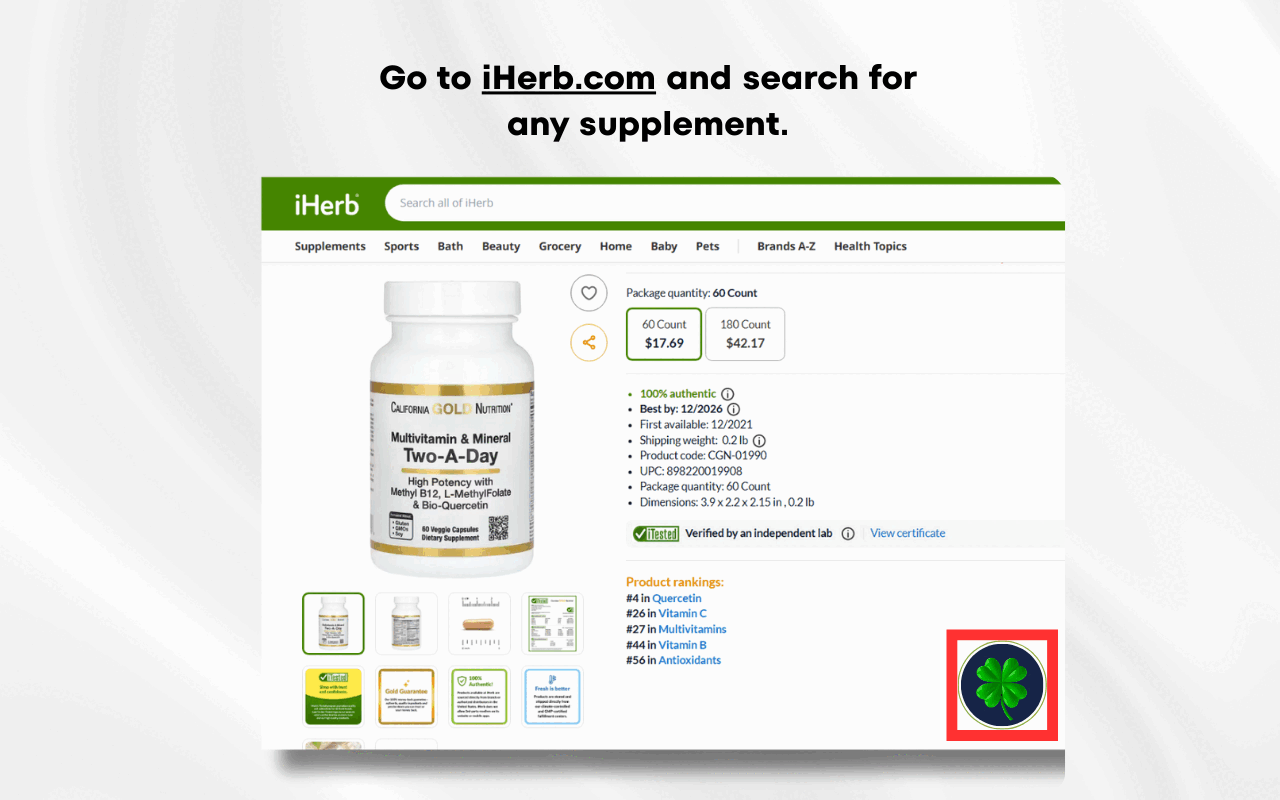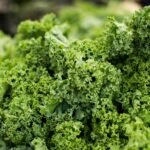 Nikita
NikitaWhy Boosting Your Immune System Matters
Your immune system does an amazing job of defending you against illness-causing germs. However, sometimes it needs a little extra support, especially during cold and flu season. That’s where immune-boosting supplements come in.
Think of your immune system like a team of superheroes working 24/7 to protect your body. But when those heroes are tired or under attack from stress, poor diet, or lack of sleep, they’re not as effective. That’s why supporting your immune health with nutrient-rich foods—and yes, sometimes with supplements—can help keep your defenses strong all year long.
So, what are the best immune-boosting supplements, and how do they work? In this post, we’ll break down the top vitamins, minerals, and natural remedies that can help give your immune system the upper hand.

Top Supplements to Support Your Immune System
Here are some of the most effective and popular supplements known to support immune health. You’ve likely heard of a few, but some may surprise you!
1. Vitamin C
Probably the first thing that comes to mind when you think of immune health, Vitamin C is a powerful antioxidant.
- It supports the function of various immune cells.
- It enhances your skin’s defense system.
- It may help shorten the duration of colds.
Foods like oranges, strawberries, and bell peppers are rich in vitamin C, but supplements can be useful if you’re not getting enough through your diet.
2. Vitamin D
Vitamin D plays a key role in immune function, yet many people are deficient, especially during winter months or if they spend most of their time indoors.
- It helps regulate immune responses.
- Low levels are linked to increased risk of infection.
Spending time in the sun helps your body produce vitamin D, but supplements like Vitamin D3 are an easy way to ensure you’re getting enough, especially if you’re in northern climates.
3. Zinc
This mineral might be tiny, but it packs a punch for your immune health.
- It helps your body produce and activate T-cells (a type of white blood cell).
- It’s been shown to reduce the duration of the common cold when taken early.
Zinc is found in foods like meat, shellfish, and legumes. Supplements are especially helpful during cold and flu season.
4. Elderberry
Elderberry, a dark berry from the Sambucus plant, is a popular herbal remedy.
- It’s loaded with antioxidants.
- It may help reduce cold and flu symptoms.
You’ll often see elderberry sold in syrups or gummies, making it a delicious (and effective) immune helper.
5. Probiotics
Did you know that 70% of your immune system lives in your gut? That’s why keeping your gut healthy is essential for overall immunity.
- Probiotics help balance the good bacteria in your digestive system.
- Some strains have been shown to reduce respiratory infections.
Yogurt, kefir, and fermented foods are natural probiotic sources, but supplements can ensure you’re getting enough of the right strains.

Photo courtesy of Pexels.com

Do These Supplements Actually Work?
That’s the big question, right? While no supplement is a magic bullet against illness, many studies back the effectiveness of these nutrients in supporting immune health.
For example, a study published by the National Library of Medicine found that vitamin D supplementation reduced the risk of respiratory infections—especially in people with low baseline levels. Likewise, zinc has well-documented effects when it comes to shortening the common cold.
However, timing and dosage matter. Taking zinc within 24 hours of the first signs of a cold can offer the most benefit. With vitamin C, consistent daily intake may improve your resistance to illness, but mega-doses won’t do much once you’re already sick.
It’s also important to remember:
- Supplements should complement, not replace, a healthy lifestyle.
- More isn’t always better. Too much of certain vitamins can be harmful.
- If you’re unsure, check with your doctor before adding new supplements to your routine—especially if you’re on medication.
Personal anecdote: I started taking a daily vitamin D supplement during the winter after consistently getting sick every year. Not only did I notice fewer colds, but I also felt more energized overall. Little changes can have a big impact!

Photo courtesy of Pexels.com
Simple Tips to Naturally Strengthen Your Immune System
While supplements can help, they work best alongside other healthy habits. Here are some natural ways to give your immune system an even bigger boost:
1. Eat a nutrient-rich diet
Fill your plate with fruits, vegetables, whole grains, lean proteins, and healthy fats. Think of food as your first line of defense—and supplements as your backup.
2. Manage stress levels
Chronic stress can weaken immune function. Activities like yoga, meditation, or simply taking a walk in nature can help keep stress in check.
3. Get quality sleep
Aim for 7–9 hours of sleep per night. Your body does much of its healing while you snooze.
4. Stay active
Regular, moderate exercise is great for immune health—but don’t overdo it. Intense workouts without proper recovery can actually suppress your immune system.
5. Hydrate!
Drinking enough water helps your body eliminate toxins and carry nutrients to your cells.
Final Thoughts
The best supplements to boost your immune system are those that fill in the gaps in your diet and support your body’s natural defense systems. Vitamin C, vitamin D, zinc, elderberry, and probiotics are standout choices with strong support behind them.
But always remember: Supplements work best when paired with healthy lifestyle habits like good nutrition, stress management, and getting enough sleep. Think of it like building a fortress—every brick matters.
So, are you ready to give your immune system a helping hand? Start with one or two supplements and see how your body responds. You might be surprised at how much stronger and healthier you feel year-round.
And one last thing—always check with a healthcare provider before starting any new supplement, especially if you have existing health issues or take medications.
Stay strong and stay healthy!














